10 Inspiring Thoughts on Writing by Eudora Welty
By Taylor Jasmine | On April 10, 2017 | Updated October 17, 2022 | Comments (0)
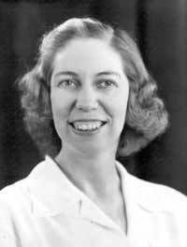
Eudora Welty (1909 – 2001), the respected Southern American author, was known for her ability to capture a sense of place in her novels, stories, and memoirs. Her work explores the separateness of individuals, the character of communities, family relationships, and the healing potential of love.
Welty’s writing style varied, but with no doubt ever that she was in command of her craft. Her stories and novels can be seen as quaint and understated or else wonderfully strange and funny.
Here are some inspiring thoughts on writing by Eudora Welty (most, fittingly, from her 2002 book On Writing), sure to encourage writers no matter where they are on their journeys.
Use all the abundance you possess
“We do need to bring to our writing, over and over again, all the abundance we possess. To be able, to be ready, to enter into the minds and hearts of our own people, all of them, to comprehend them (us) and then to make characters and plots in stories that in honesty and with honesty reveal them (ourselves) to us, in whatever situation we live through in our own times: this is the continuing job, and it’s no harder now than it ever was, I suppose.
Every writer, like everybody else, thinks he’s living through the crisis of the ages. To write honestly and with all our powers is the least we can do, and the most.” (On Writing, 2002)
. . . . . . . . . .
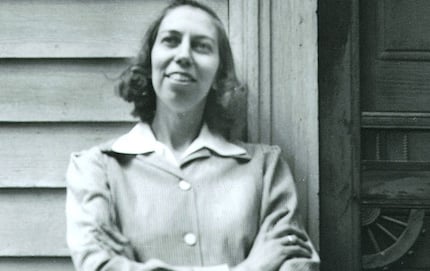
Contemplative Quotes by Eudora Welty
. . . . . . . . . .
Surprise yourself
“If you haven’t surprised yourself, you haven’t written.”
. . . . . . . . . .
It’s all right for words to mean what they say
“It’s all right, I want to say to the students who write to me, for things to be what they appear to be, and for words to mean what they say. It’s all right, too, for words and appearances to mean more than one thing — ambiguity is a fact of life.” (On Writing, 2002)
. . . . . . . . . .
It isn’t art’s responsibility to make reality real
“Making reality real is art’s responsibility. It is a practical assignment, then, a self-assignment: to achieve, by a cultivated sensitivity for observing life, a capacity for receiving impressions, a lonely, unremitting, unaided, unaidable vision, and transferring this vision without distortion to it onto the pages of a novel, where, if the reader is so persuaded, it will turn into the reader’s illusion.” (On Writing, 2002)
. . . . . . . . . .
See also: 7 Thoughtful Ideas on the Art of Reading
. . . . . . . . . .
We must each write in our own way
“Since we must and do write each in our own way, we may during actual writing get more lasting instruction not from another’s work, whatever its blessings, however better it is than ours, but from our own poor scratched-over pages. For these we can hold up to life. That is, we are born with a mind and heart to hold each page up to and ask: Is it valid?” (On Writing, 2002)
. . . . . . . . . .
Throw away the labels
“The first act of insight is throw away the labels. In fiction, while we do not necessarily write about ourselves, we write out of ourselves, using ourselves; what we learn from, what we are sensitive to, what we feel strongly about–these become our characters and go to make our plots. Characters in fiction are conceived from within, and they have, accordingly, their own interior life; they are individuals every time.” (On Writing, 2002)
. . . . . . . . . .
Only our own vision can be new; themes are universal
“The challenge to writers today, I think, is not to disown any part of our heritage. Whatever our theme in writing, it is old and tried. Whatever our place, it has been visited by the stranger, it will never be new again. It is only the vision that can be new; but that is enough.” (On Writing, 2002)
. . . . . . . . . .
. . . . . . . . . .
Form gives story its life
“It’s the form it takes when it comes out the other side, of course, that gives a story something unique — its life. The story, in the way it has arrived at what it is on the page, has been something learned, by dint of the story’s challenge and the work that rises to meet it — a process as uncharted for the writer as if it had never been attempted before.” (On Writing, 2002)
. . . . . . . . . .
Writing is an expression of the writer’s own personality
“Writing is an expression of the writer’s own peculiar personality, could not help being so. Yet in reading great works one feels that the finished piece transcends the personal. All writers great and small must sometimes have felt that they have become part of what they wrote even more than it still remains a part of them.” (On Writing, 2002)
. . . . . . . . . .
Reading and writing are interconnected
“I don’t know whether I could do either one, reading or writing, without the other.” (One Writer’s Beginnings, 1984)
. . . . . . . . . .
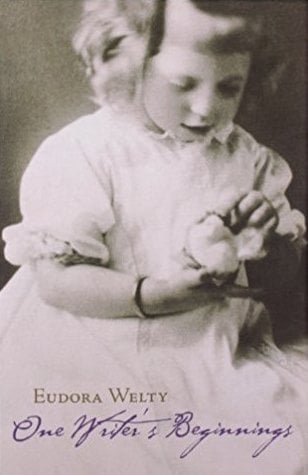
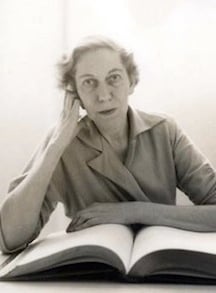
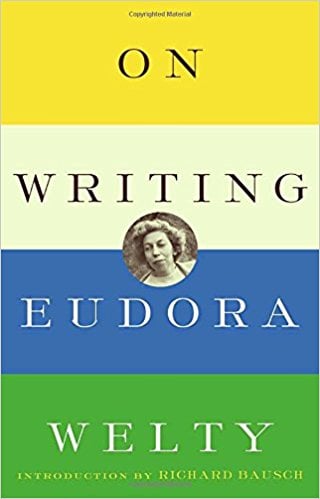
Leave a Reply